No products in the cart.
Return To Shop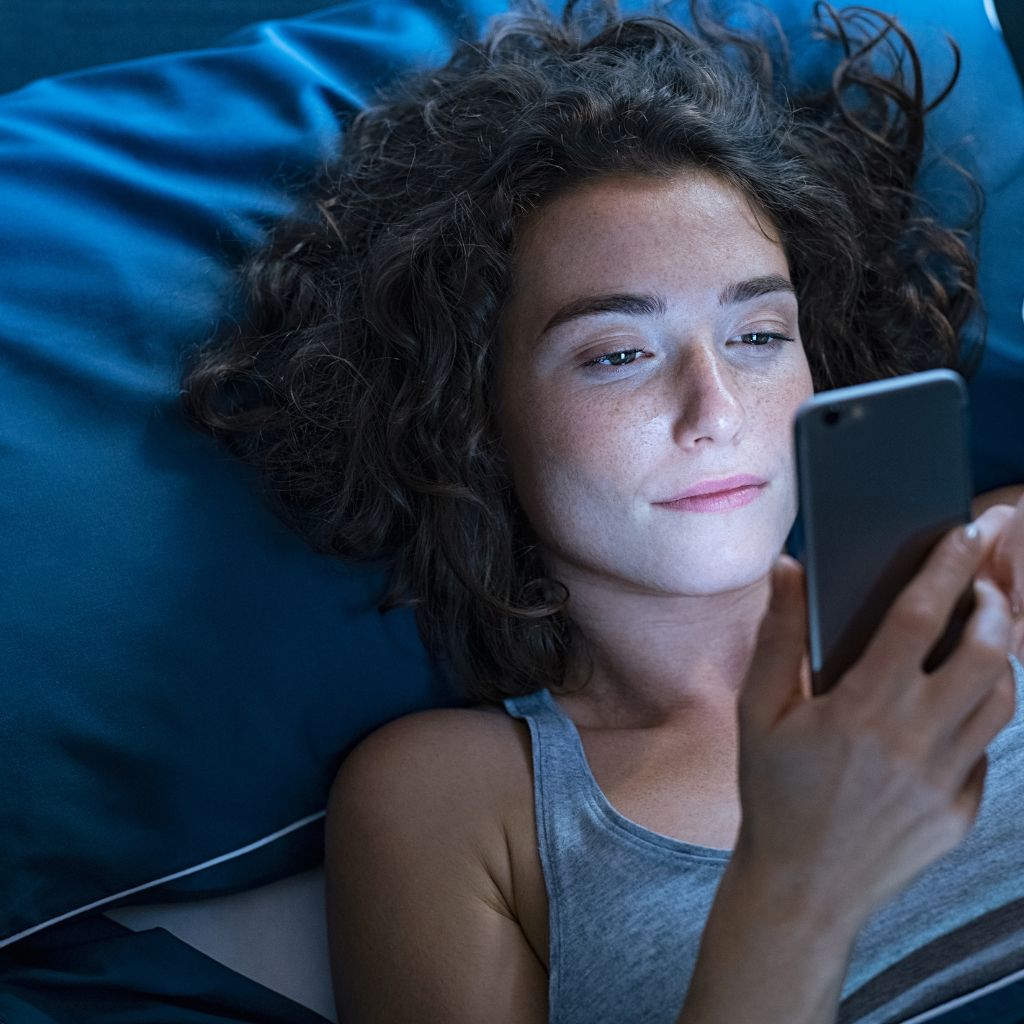
In our screen-filled world, it’s common to wonder if long hours on phones, laptops, or tablets are silently harming our skin. Blue light, the high-energy visible light emitted by screens, has been blamed for premature aging, dullness, and wrinkles. But how much of this is real risk and how much is just hype? Let’s dive into the science and uncover the truth.
What is Blue Light?
Blue light is part of the visible light spectrum with shorter wavelengths that can penetrate deeper into the skin compared to other types of light. While it naturally comes from the sun, modern life exposes us to additional sources through digital devices. This has raised concerns about its potential to accelerate skin aging.
Does Blue Light Cause Skin Damage?
The research so far suggests that blue light can trigger oxidative stress in skin cells. Oxidative stress occurs when free radicals accumulate, potentially causing dullness, uneven tone, and fine lines over time. However, the intensity of blue light from screens is much lower than that from sunlight. Daily exposure from phones or computers is unlikely to cause significant damage on its own.
Practical Ways to Protect Your Skin
Even if the risk is small, it makes sense to take preventive measures. Skincare routines that focus on antioxidant protection are most effective. Ingredients like vitamin C, niacinamide, and plant-based compounds combat oxidative stress and help maintain skin health. Regular cleansing removes pollutants and residue that may accumulate from screen use.
Simple lifestyle adjustments can also make a difference. Reducing screen brightness, taking breaks, and using screen filters can minimize prolonged exposure. These small changes, combined with good skincare habits, strengthen your skin’s natural defenses.
Lifestyle Plays a Bigger Role
It’s important to remember that stress, poor sleep, and diet often have a far greater impact on your skin than blue light. Hydration, balanced nutrition, and consistent sleep routines promote a natural glow and overall skin resilience.
Conclusion
Blue light from screens is not a major threat to your skin, but awareness and prevention are key. By embracing antioxidant-rich skincare, maintaining healthy lifestyle habits, and being mindful of screen time, you can protect your skin from subtle environmental stressors. Understanding the difference between science and myth allows you to focus on what truly nurtures and strengthens your skin, keeping it healthy, radiant, and glowing for years to come.In our screen-filled world, it’s common to wonder if long hours on phones, laptops, or tablets are silently harming our skin. Blue light, the high-energy visible light emitted by screens, has been blamed for premature aging, dullness, and wrinkles. But how much of this is real risk and how much is just hype? Let’s dive into the science and uncover the truth.
What is Blue Light?
Blue light is part of the visible light spectrum with shorter wavelengths that can penetrate deeper into the skin compared to other types of light. While it naturally comes from the sun, modern life exposes us to additional sources through digital devices. This has raised concerns about its potential to accelerate skin aging.
Does Blue Light Cause Skin Damage?
The research so far suggests that blue light can trigger oxidative stress in skin cells. Oxidative stress occurs when free radicals accumulate, potentially causing dullness, uneven tone, and fine lines over time. However, the intensity of blue light from screens is much lower than that from sunlight. Daily exposure from phones or computers is unlikely to cause significant damage on its own.
Practical Ways to Protect Your Skin
Even if the risk is small, it makes sense to take preventive measures. Skincare routines that focus on antioxidant protection are most effective. Ingredients like vitamin C, niacinamide, and plant-based compounds combat oxidative stress and help maintain skin health. Regular cleansing removes pollutants and residue that may accumulate from screen use.
Simple lifestyle adjustments can also make a difference. Reducing screen brightness, taking breaks, and using screen filters can minimize prolonged exposure. These small changes, combined with good skincare habits, strengthen your skin’s natural defenses.
Lifestyle Plays a Bigger Role
It’s important to remember that stress, poor sleep, and diet often have a far greater impact on your skin than blue light. Hydration, balanced nutrition, and consistent sleep routines promote a natural glow and overall skin resilience.
A Balanced Perspective
Blue light from screens is not a major threat to your skin, but awareness and prevention are key. By embracing antioxidant-rich skincare, maintaining healthy lifestyle habits, and being mindful of screen time, you can protect your skin from subtle environmental stressors. Understanding the difference between science and myth allows you to focus on what truly nurtures and strengthens your skin, keeping it healthy, radiant, and glowing for years to come.
Share Post
Related posts
In India, the glowing glass skin trend has captured hearts everywhere. Smooth, luminous, and almost translucent, glass skin represents a healthy and hydrated complexion that... Continue reading
The Indian skincare industry is witnessing a stunning revolution. A new generation of homegrown brands is stepping up to create products that understand Indian skin... Continue reading
The Indian skincare world is buzzing with one hot priority this year: repairing the skin barrier. With rising pollution, changing weather, and a growing curiosity... Continue reading
Your skin does not stay the same throughout the month. Many women notice a subtle shift in their skin after menstruation, often feeling more sensitive,... Continue reading
Waterless cleansers, solid shampoos, and refillable containers are no longer just trends in the beauty world. They represent a shift in how we think about... Continue reading


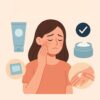

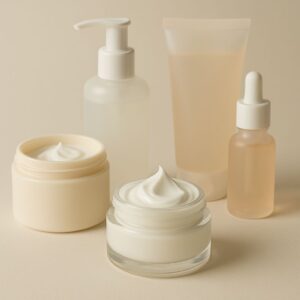

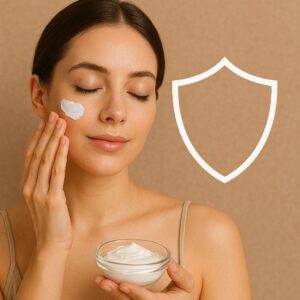
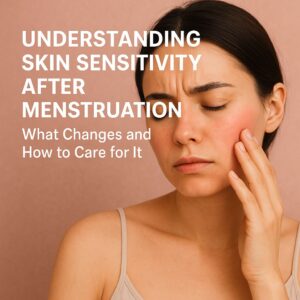

Add comment